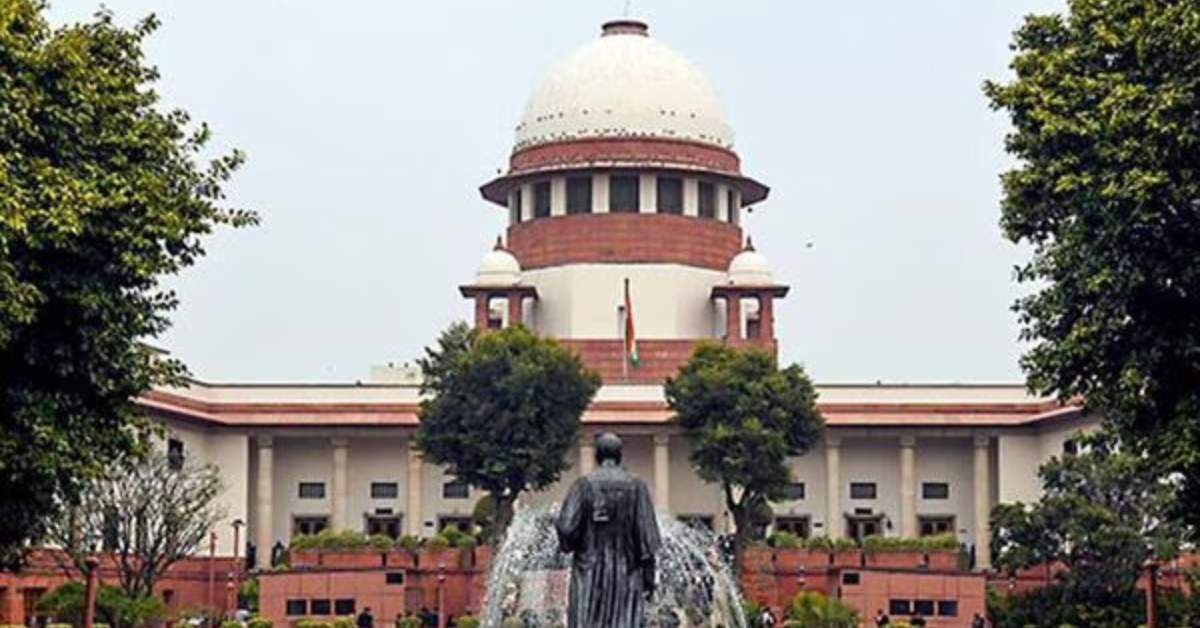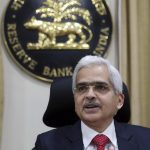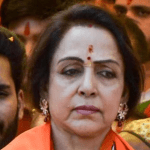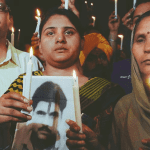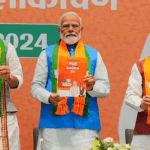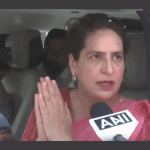The Supreme Court of India has asked the Election Commission of India (ECI) to investigate claims of discrepancies during a mock poll in Kasaragod, Kerala, where four Electronic Voting Machines (EVMs) allegedly recorded one extra vote each for the Bharatiya Janata Party (BJP). The bench of Justice Sanjiv Khanna and Justice Dipankar Datta emphasized the importance of ensuring sanctity in the electoral process and the need to dispel any apprehensions about the integrity of voting systems.
The Allegations
The court’s directive comes after reports from a mock poll conducted in Kerala’s Kasaragod constituency on April 17 revealed that at least four Voter Verifiable Paper Audit Trail (VVPAT) machines printed an extra slip each for the BJP’s lotus symbol. These allegations were brought to the court’s attention by Advocate Prashant Bhushan, representing election watchdog Association for Democratic Reforms (ADR), citing a report published by Manorama Online.
Both the Left Democratic Front (LDF) and the United Democratic Front (UDF) filed complaints with the District Collector regarding the mock poll in Kerala. The complaints state that at least four EVMs recorded extra votes for the BJP, raising concerns about the accuracy and reliability of the machines.
Court’s Response and Directions
The bench stressed the importance of maintaining the integrity of the electoral process and instructed ECI counsel Maninder Singh to look into the matter thoroughly. The court called for detailed explanations from the ECI regarding the steps taken to ensure free and fair elections and to address any potential issues with EVMs.
Currently, the VVPAT slips from five randomly chosen EVMs in each Assembly segment are validated. The petitions before the court demand a cross-verification of each vote in response to opposition concerns about the EVM technology.
Opposition Concerns
Opposition parties, particularly those in the Indian National Developmental Inclusive Alliance (INDIA) bloc, have expressed alarm over the incident, viewing it as a significant threat to the credibility of the electoral process. They have long demanded 100% verification of VVPAT slips to bolster public confidence in the voting system and uphold the integrity of elections.
Supriya Sule, Nationalist Congress Party (NCP) leader and Lok Sabha MP, emphasized the urgency of examining India’s voting infrastructure, stating, “Every citizen deserves the assurance that their vote will be accurately recorded and counted.”
The VVPAT System
Introduced in India during the 2014 Lok Sabha elections, the VVPAT system is a ballot-less vote verification process connected to the EVM. It generates a paper slip for the voter to confirm their choice before placing their vote, providing an additional layer of security and verification. In the event of a dispute, the VVPAT slips are stored in sealed covers.
The Supreme Court’s directive to the ECI to investigate the alleged EVM discrepancies in Kerala underscores the need for continued scrutiny and improvement of India’s voting systems. As the ECI conducts its investigation, the outcome could have far-reaching implications for public confidence in the electoral process and the future of India’s voting technology.
